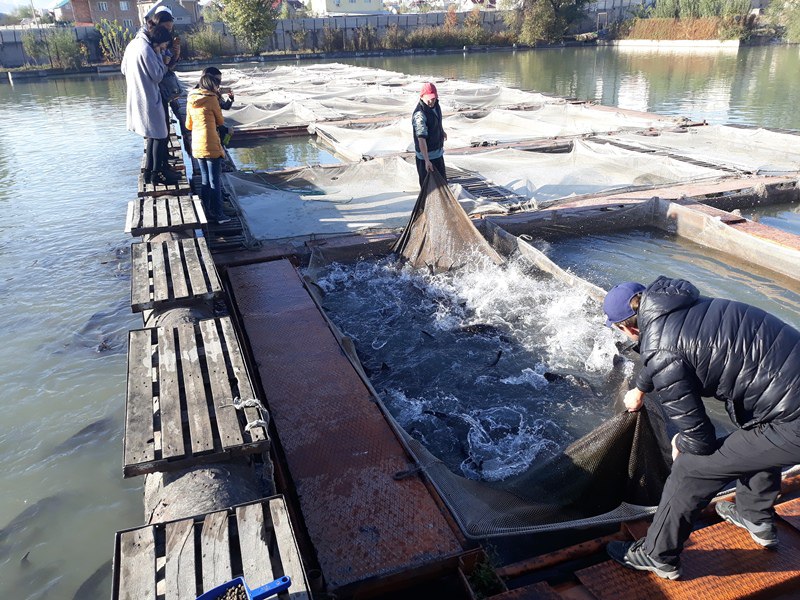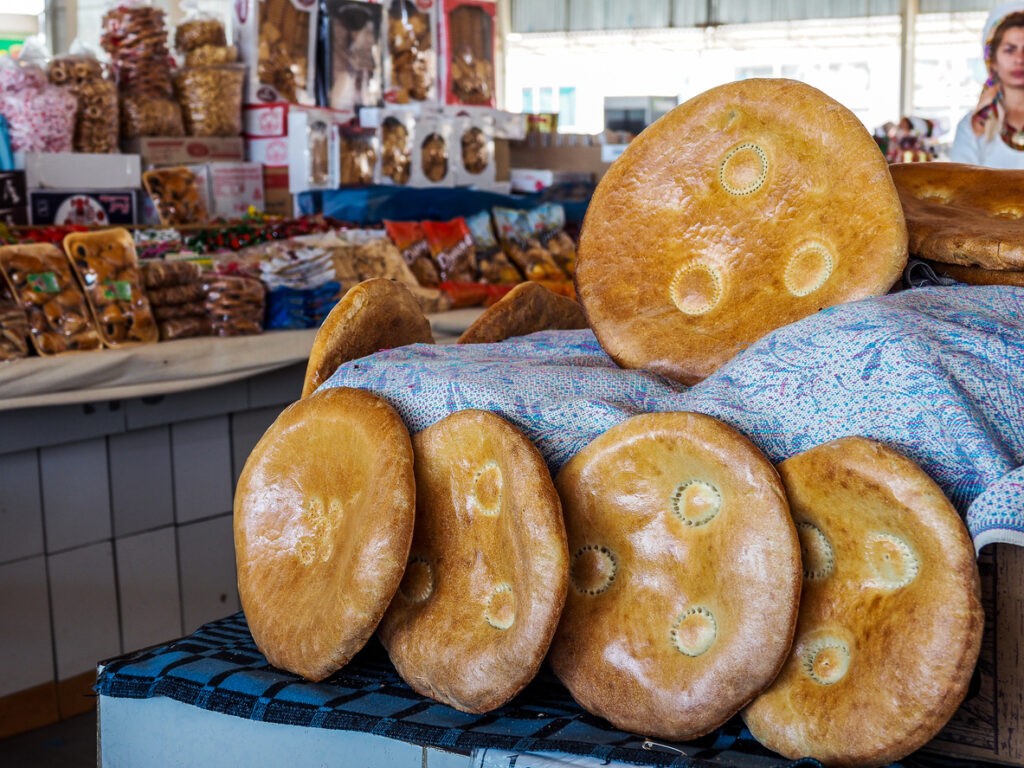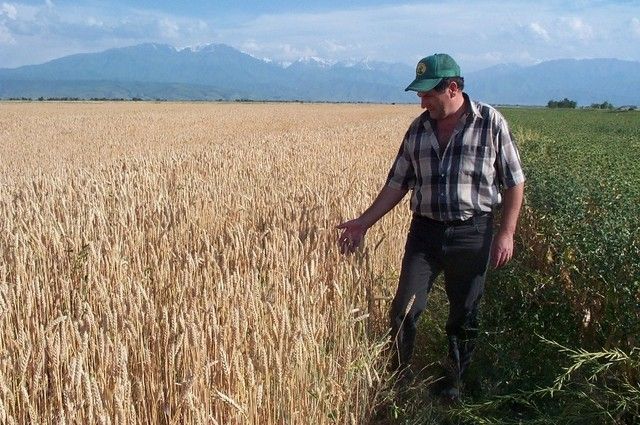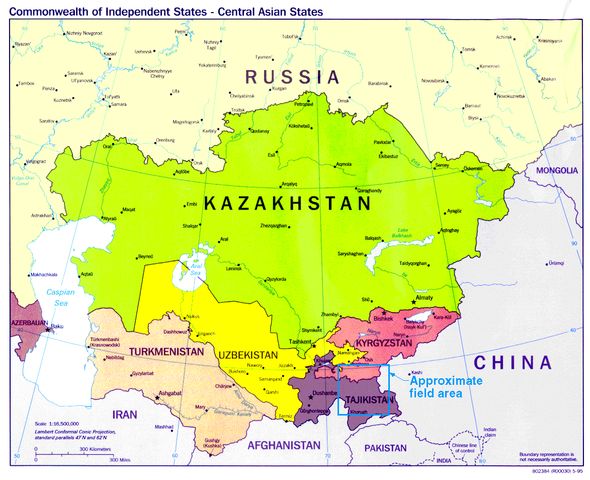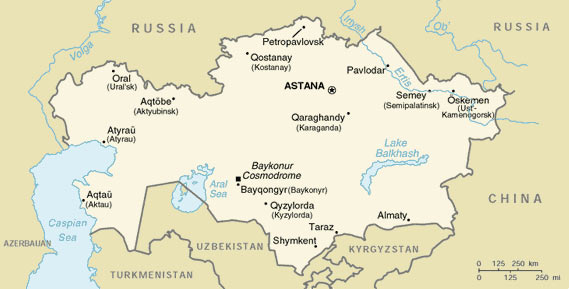Until recently Kyrgyzstan has not produced or exported black caviar — but by the end of 2024 the republic will have made several tons of it.
Today Kyrgyzstan is breeding different species of sturgeon fish, which produce black caviar. Female fish purchased 4-5 years ago have now reached sexual maturity, and can produce a high volume of black caviar. Fish farm owners believe it is much cheaper to produce caviar in Kyrgyzstan than in Kazakhstan or Russia because of the better climatic conditions.
“Sturgeon [reach maturity] in 4-5 years in our country, while in Russia it takes 8-10 years,” the Kyrgyz fisheries association commented. One of Kyrgyzstan’s fish companies said that as of a week ago, the country was not on the world’s black caviar production lists. But today they are already harvesting caviar using the so-called ‘lifetime method’. That means the caviar is simply squeezed out of a live fish. Therefore, from one fish it’s possible to harvest caviar several times over the fish’s lifetime. According to the producers, such caviar is usually larger in size and discernible by taste.
“At the moment we are not talking about dozens, but hundreds of kilograms of caviar. By the end of 2024, tons of products will be produced, which will soon be available for sale on the shelves of domestic stores. At the moment, work is underway to produce cans and stickers,” said Kyrgyz meat company ichthyologist Alexander Dytynyak.
Meanwhile, black caviar exports from Kyrgyzstan to Russia have already begun. According to Russian Customs Service data, black caviar from Kyrgyzstan was not supplied to the Russian market at all until 2022, when 1.7 tons of it were sent.
Experts from the food oversight agency Rosselkhoznadzor suspect that the caviar supplied to Russia is not actually produced in Kyrgyzstan, but is re-exported from Europe. To verify these speculations, the Russian inspection body inspected Kyrgyz fish farms last year. However, not all enterprises agreed to let Russian specialists in. “The refusal to participate in the inspection confirms the validity of Rosselkhoznadzor’s claims and the possibility of supplying products from third countries under the guise of Kyrgyz products,” the Russian agency reported.
Last year, representatives of the European Union (EU) also noted the growth of caviar exports from Europe to Kyrgyzstan. According to them, after the introduction of economic sanctions against Russia, exports of the delicacy from Europe to Kyrgyzstan increased many times over.
